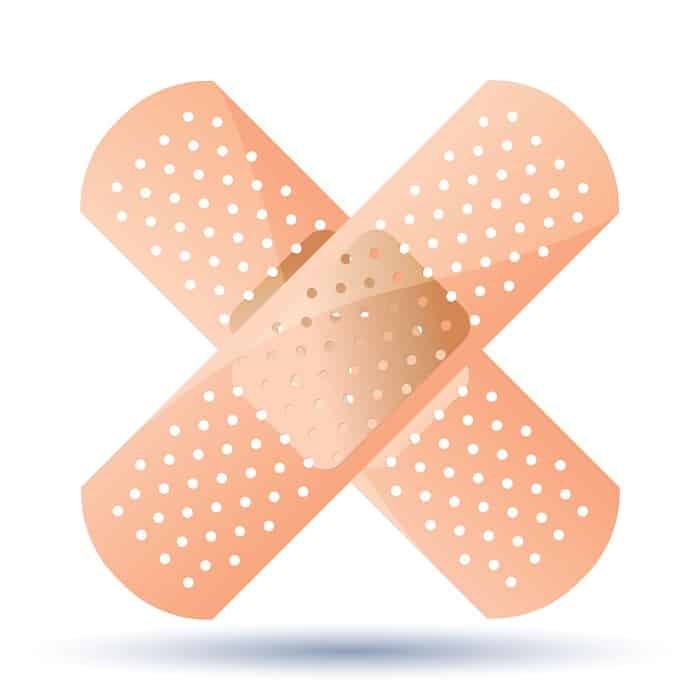“It is far more productive, in my view, to view addiction as behavior that operates on several levels, ranging from molecular function and structure and brain physiology to psychology, psychosocial environment, and social relations… Addiction is not a problem of one dimension.” ~ Sally Satel, M.D., practicing psychiatrist and lecturer at Yale University Every time a person enters a drug or alcohol rehab for the first time, they have one question on their mind— “Will this cure my addiction?” Here’s the bad news, in a short answer — there is NO current cure for addiction. But here’s the good news, in a slightly longer answer—now that medical science is focusing on the generally-accepted idea that addiction is primarily a disease of the brain instead of the outmoded prejudice that it was a moral failing or weakness, multimodal treatment strategies are evolving that may help millions of substance abusers totally arrest the disease’s progression in their life. It’s not exactly a cure, but it is a giant step in the right direction.
Why ISN’T There a Cure for Addiction?
The search for a cure has been so elusive because there are so many contributing and causal factors that come into play that lead to the development and worsening of an addictive disorder. Researchers in addiction medicine generally agree that a person’s genetics are responsible for up to 60% of their addiction potential. But, even with that knowledge, scientists have yet to identify a single “addiction gene” that could serve as the identified impetus for a person’s disorder.
The Myriad “Causes” of Addiction
Beyond that, there are several other factors that are believed to contribute to an individual’s potential risk of addictive behaviors and the severity of any disorder that may present, including:
- Environment – According to a December 2005 article in the Journal of the American Medical Association, “a less stressful, more privileged environment may provide a degree of protection from addiction or relapse during recovery.”
- Gender – Males have a greater likelihood of developing a substance abuse disorder, but and women, the disease progresses faster.
- Exposure to trauma – The National Comorbidity Survey, published in 1995 in the Archives of General Psychiatry, reported that 52% of men and 28% of women with PTSD meet the lifetime criteria for alcohol dependence and/or abuse. The same study indicates that 35% of males and 27% of females with PTSD meet the criteria for drug abuse.
- Peer pressure – A 2007-2008 Malaysian study conducted by that country’s National Drug Agency discovered that 55% became addicted after they were introduced to drugs by friends.
- Age of Initiation – Drug or alcohol abuse during adolescence, when the brain is still developing, can have life-long consequences.
In 2000, the Social, Prevention, and Health Policy Research Department at the Center for Addiction and Mental Health in London, Ontario, Canada, determined that 16% of children who began to drink at ages 11 or 12 would meet the criteria for alcohol dependence within 10 years. Those subjects who delayed the first drink until 19 only had a 1% chance of developing an alcohol use disorder within 10 years.
- Co-Occurring Disorders – Some mental disorders make it more likely that a person abuses drugs or alcohol. Even more worrisome, substance abuse can both worsened and be worsened by certain conditions, trapping the person in a desperate downward spiral. It is theorized that part of this dual diagnosis can be attributed to the fact that many disorders share the same brain circuitry. But it has also been established that many people with mental conditions self-medicate with alcohol or drugs as a coping mechanism.
- People with anxiety are twice as likely to struggle with drug dependence/abuse, and vice versa.
- The Journal of American Psychiatry has reported that one in three adults with substance abuse disorders also suffers from depression. This is over three times the rate of non-abusers.
- Out of all psychiatric conditions, bipolar disorder is the one most likely to co-occur with substance abuse. More than 60% of patients with bipolar disorder are also alcoholics.
- The Specific Abused Substance – Although all substances of abuse affect the brain by altering dopamine levels, they do so to different degrees. This is why so-called “hard drugs” are more addictive than “soft” ones. From least to greatest, most highly-addictive drugs are:
- Gamma Hydroxybutyrate (GHB)– the “date rape” drug
- Benzodiazepines
- Amphetamines
- Cocaine
- Alcohol
- Methamphetamines
- Methadone
- Crack
- Heroin
There IS Hope for the Future of Addiction Recovery from Substance Abuse
Obviously, there are challenges – it’s impossible to scientifically measure how much peer pressure a person receives, or accurately gauge exactly how stressful a person’s childhood environment has to be before the scales are tipped over into addiction. There are perhaps far too many contributing variables for there to be a 100%-effective cure. But managing the disease? That’s another, more optimistic story. The best models of addiction treatment are now evidence-based, rather than traditional, “that’s-the-way-we’ve-always-done-it” methods. The current consensus among most specialists is that suffering substance abusers can learn to manage their disease of addiction in much the same way as people with other chronic illnesses such as diabetes or hypertension.
- Timely Intervention
- Behavioral modification
- Medication-Assisted Therapy
- Ongoing support
At this point, addiction cannot be cured. But with help, active substance abusers can return to healthy, productive lives free from the progressive destruction of addiction. Ashwood Recovery offers outpatient rehab services to addicts, alcoholics and their families in the Boise, Idaho, area. Using a multimodal approach that attacks the disease of addiction on every level, Ashwood Recovery can help you learn to manage your disorder and restore sobriety and stability to your life.

